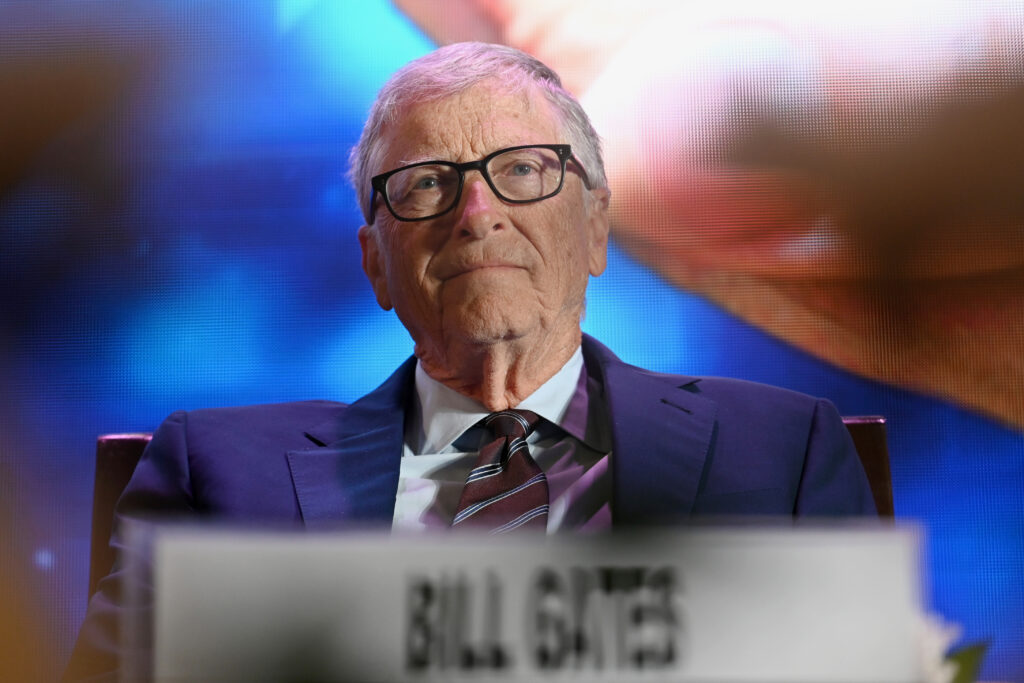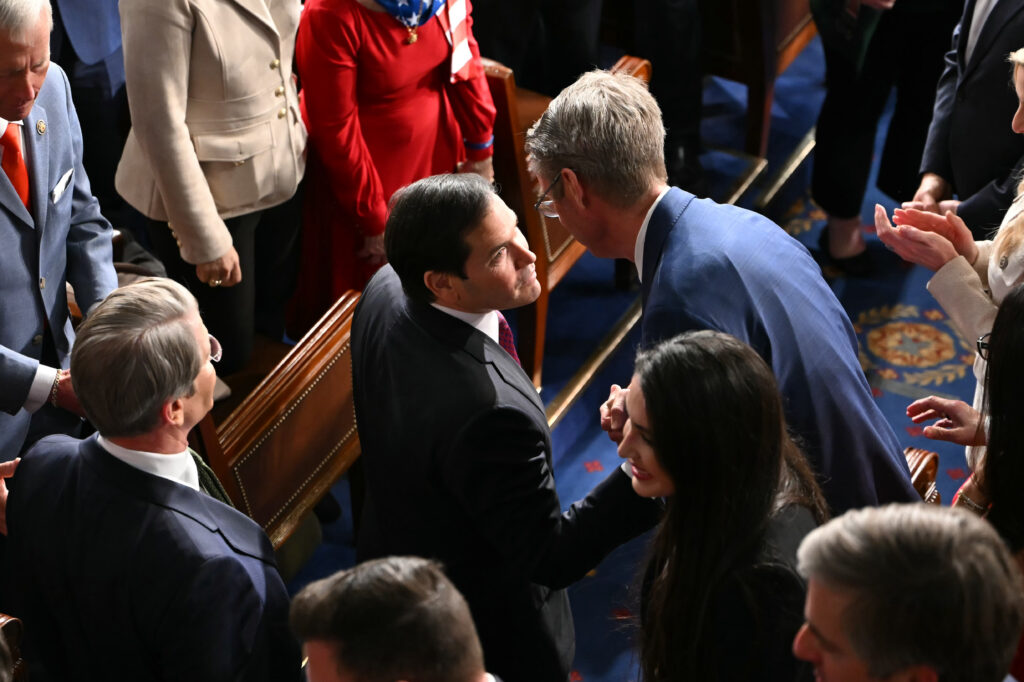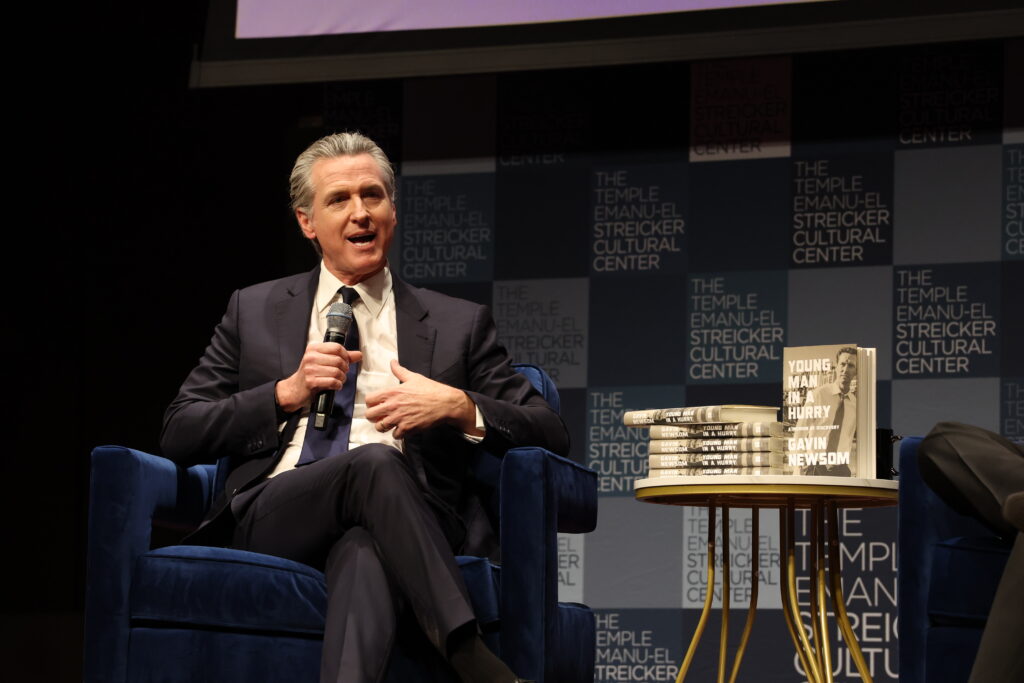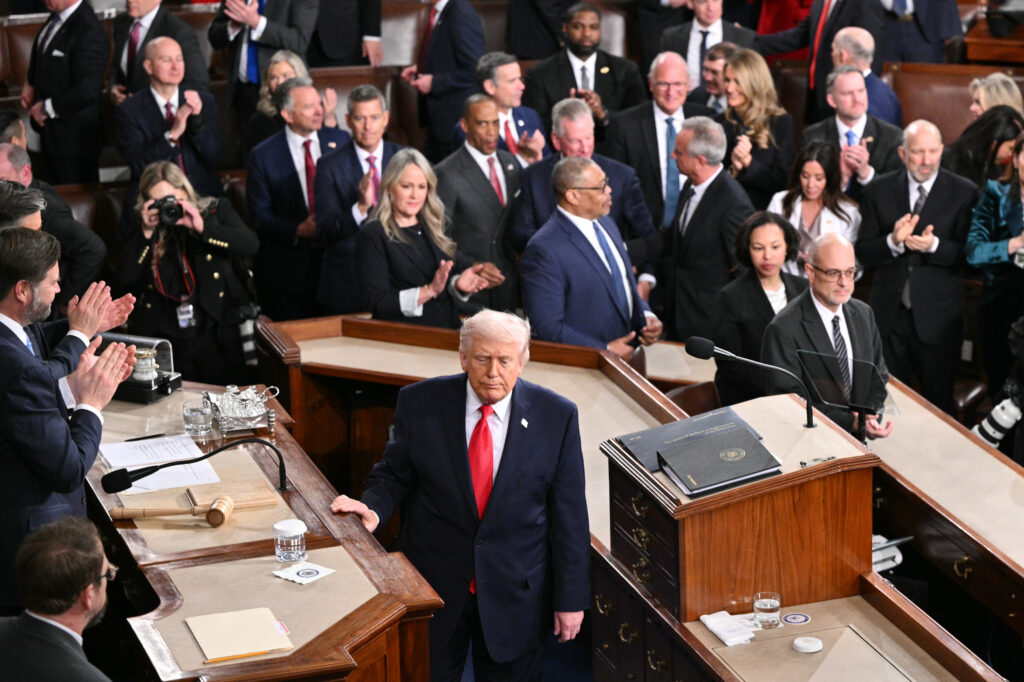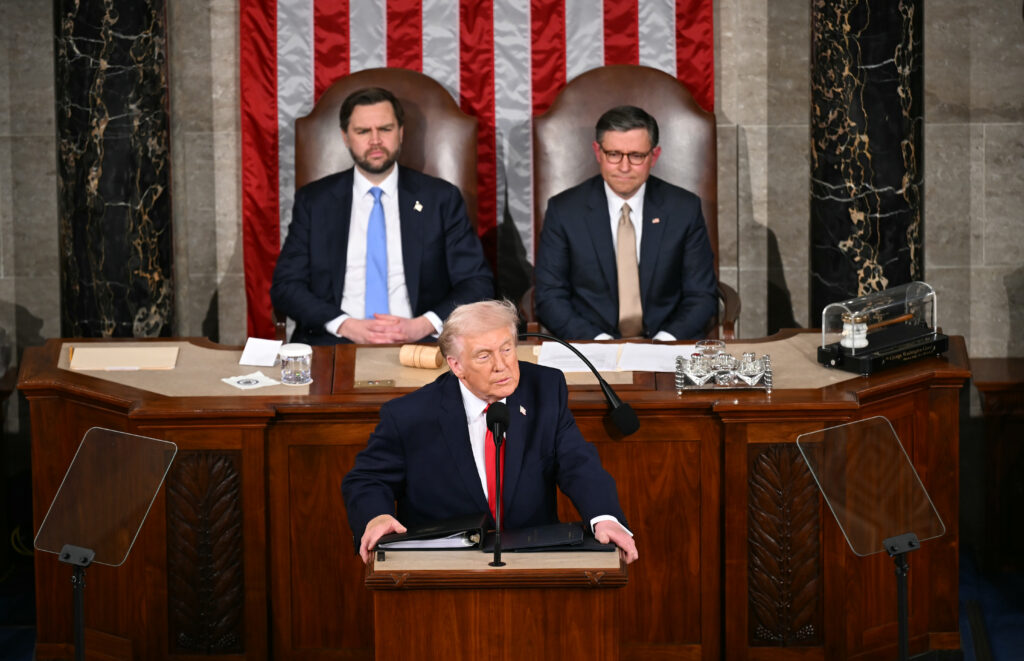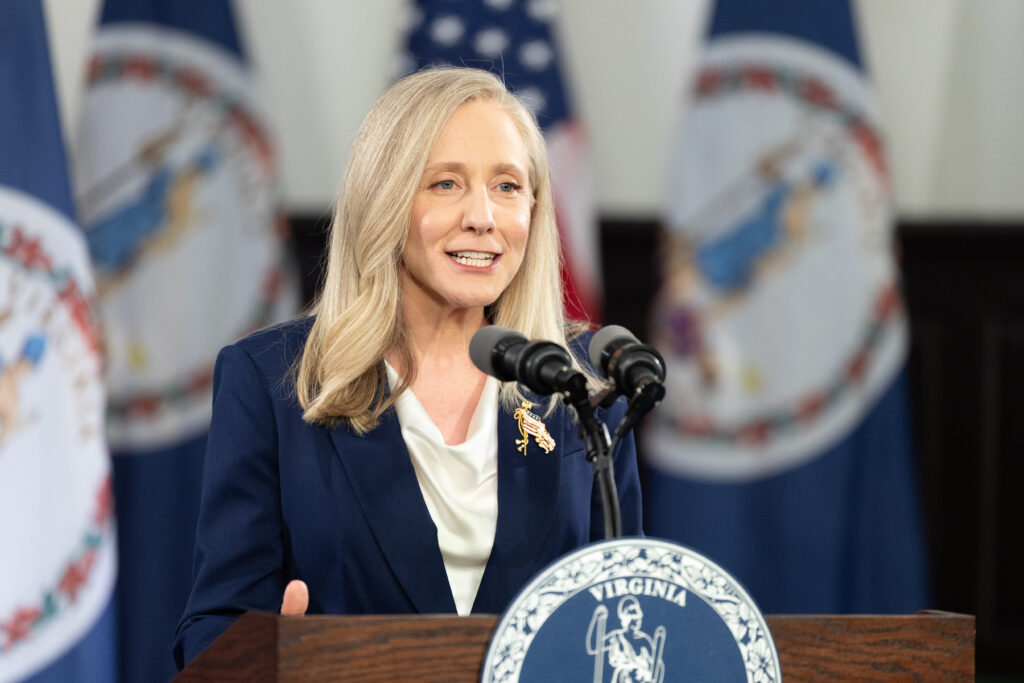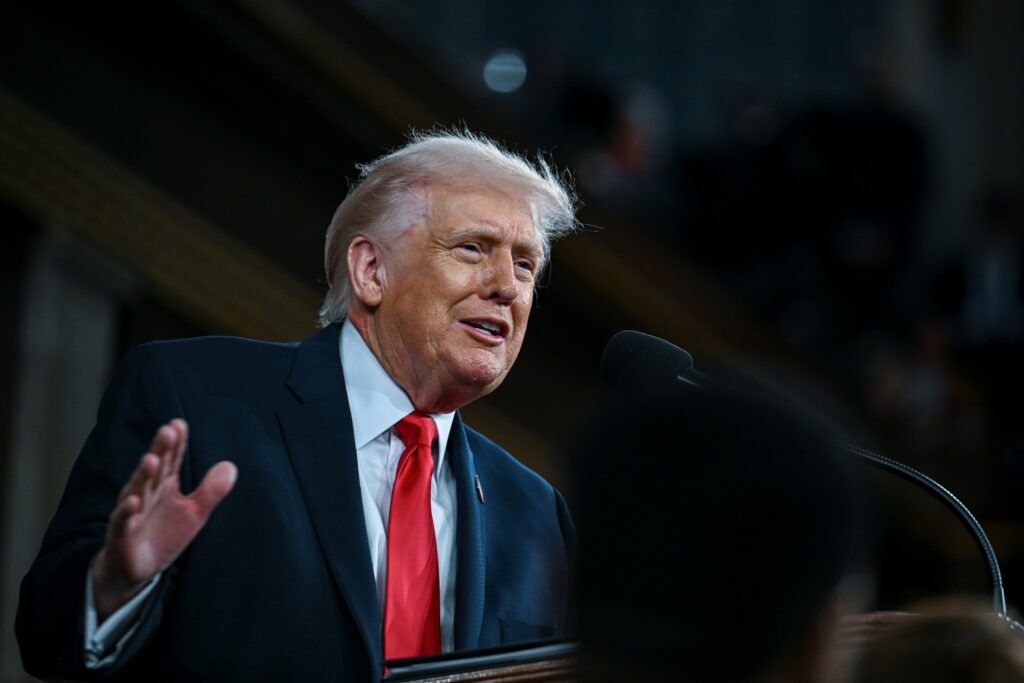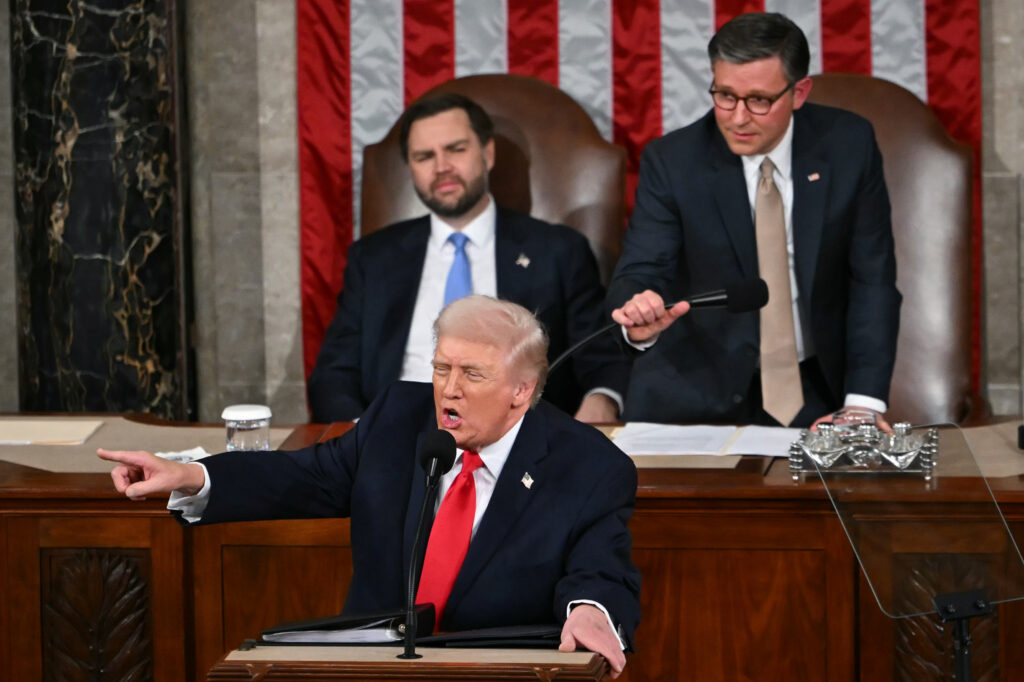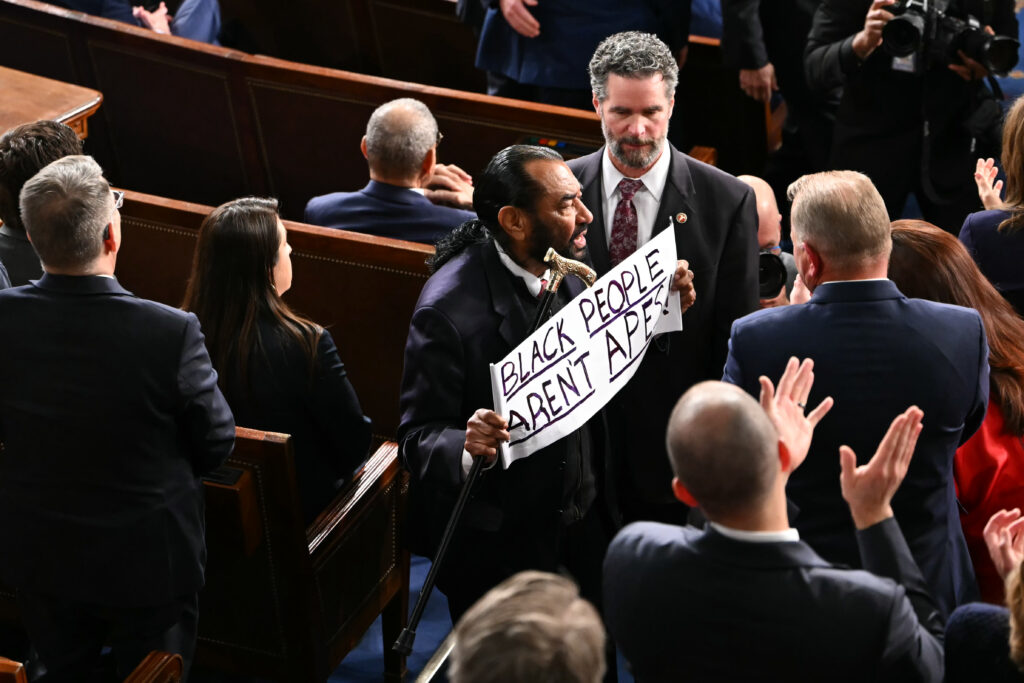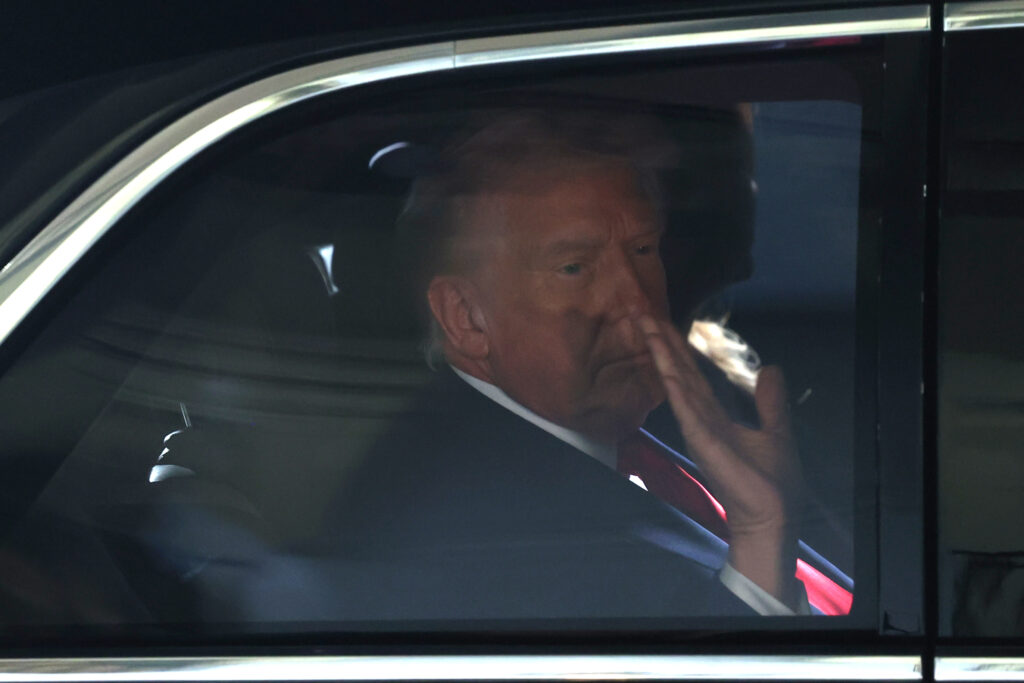Bill Gates admits affairs but denies involvement in Epstein crimes
Bill Gates has admitted making a “huge mistake” in associating with Jeffrey Epstein, telling staff at his charity foundation that he had affairs with two Russian women but denying involvement in the disgraced financier’s crimes.The Microsoft co-founder is among the prominent names appearing in documents released by the US Justice Department that revealed close friendships, illicit financial dealings and private photos with convicted sex offender Epstein.In a town hall Tuesday with staff at the Gates Foundation, a recording of which was reviewed by The Wall Street Journal, Gates expressed regret that his relationship with Epstein had affected the work of his philanthropic organization.”It was a huge mistake to spend time with Epstein” and to also bring Gates Foundation executives into meetings with Epstein, he said.”I apologize to other people who are drawn into this because of the mistake that I made.”In a draft email among the documents released by the Justice Department, Epstein alleged Gates engaged in extramarital affairs, writing that his relationship with Gates ranged from “helping Bill to get drugs, in order to deal with consequences of sex with russian girls, to facilitating his illicit trysts, with married women.”- ‘I saw nothing illicit’ -Gates, 70, admitted at the town hall to two affairs.”I did have affairs, one with a Russian bridge player who met me at bridge events, and one with a Russian nuclear physicist who I met through business activities,” he said.But he denied any involvement with victims of Epstein, who died in a New York jail cell in 2019 while awaiting trial for sex trafficking underage girls.”I did nothing illicit. I saw nothing illicit,” Gates told the town hall.The tech titan said his relationship with Epstein began in 2011, three years after the financier pleaded guilty to soliciting a minor for prostitution.Gates said he knew of an “18-month thing” restricting Epstein’s travel but didn’t check his background.He said his then-wife Melinda expressed concerns about Epstein in 2013, but that he continued the relationship for at least another year.”Knowing what I know now makes it, you know, a hundred times worse in terms of not only his crimes in the past, but now it’s clear there was ongoing bad behavior,” Gates told staff.The Gates Foundation said Gates addressed the Epstein case and other issues at its scheduled twice-yearly town hall event. “Bill spoke candidly, addressing several questions in detail, and took responsibility for his actions,” it said in a statement to AFP.
